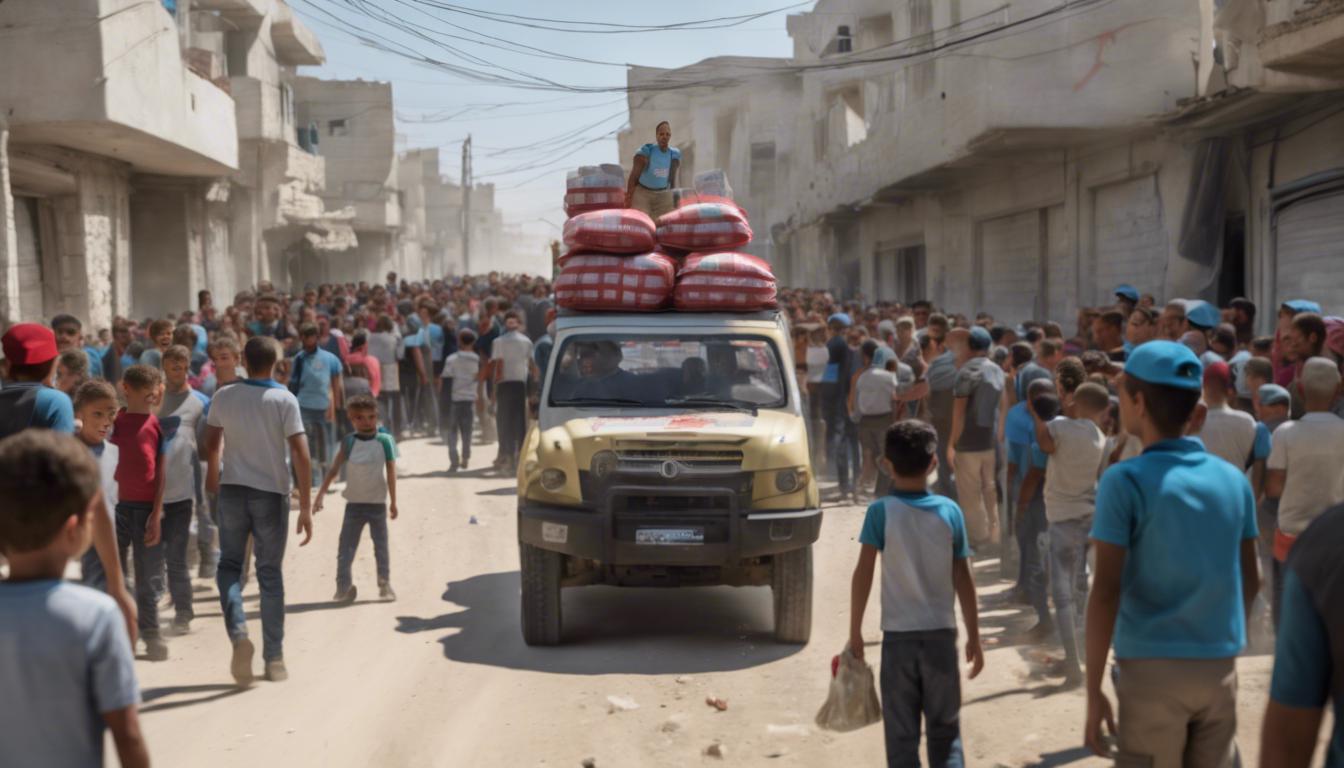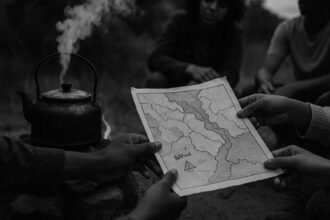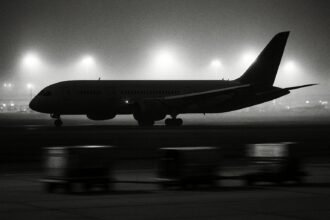A UN report has urgently highlighted the risk of a catastrophic hunger crisis in north Gaza, with 1.1 million people facing severe food shortages amid ongoing conflict.
A UN report has highlighted the severe risk of widespread famine in north Gaza, warning that 70% of the population, approximately 1.1 million people, faces catastrophic hunger. The Integrated Food Security Phase Classification (IPC) report found an urgent need for a ceasefire and increased aid to prevent the aggravation of an already dire food shortage crisis. Specific concern was raised for children under four at imminent risk of starving. UN Secretary-General Antonio Guterres condemned the situation as an “entirely man-made disaster” and called on Israel to allow humanitarian access.
In related news, the recent Israeli raid on al-Shifa hospital in Gaza City has underscored the challenges faced by Israel in maintaining control over territories cleared of Hamas militants and exposed the complex dynamics of the conflict. The seizure of the hospital, where 20 Hamas militants were reportedly killed, has heightened concerns about civilian safety and highlighted the enduring nature of the conflict, suggesting a potential for a prolonged struggle in the region.
The ongoing conflict has led to significant civilian casualties and a looming humanitarian crisis, with neither side appearing close to achieving their objectives. The clashes, particularly around al-Shifa hospital, have brought international attention to the situation, with calls for a ceasefire and further talks to address the crisis. Amidst this, the World Health Organization expressed concern over the safety of health workers and civilians due to the fighting. The raid has not only exemplified the strategic complexities at play but also spotlighted the dire humanitarian implications for those caught in the crossfire.













